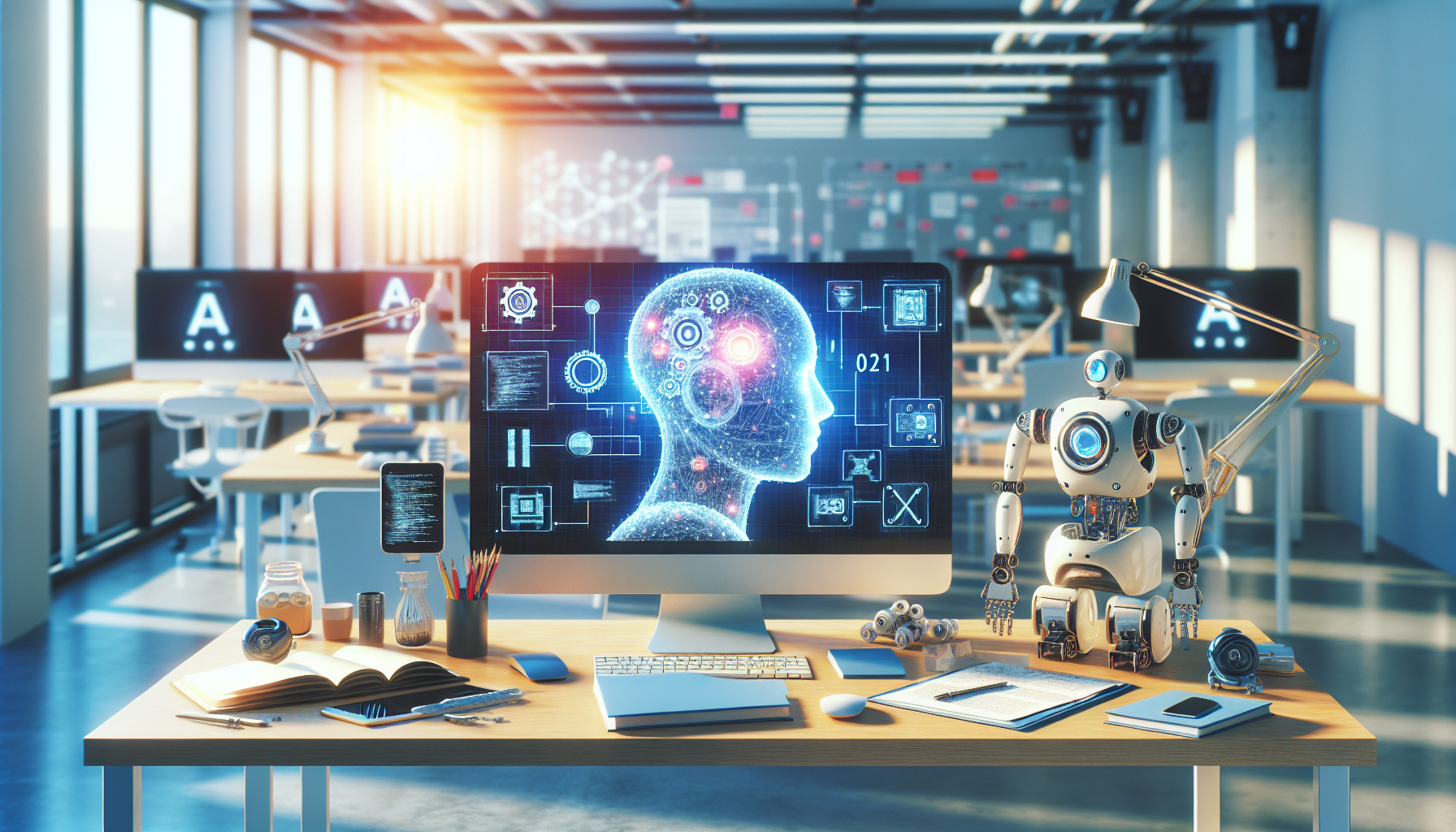
AI in Finance: A How-to Guide for Risk Management and Fraud Detection
November 5, 2025
If you've been chatting with anyone in the finance sector lately, you've likely heard the buzz about artificial intelligence. It's not just about robots taking over jobs; it's about making our financial systems smarter and safer. So, let's dive into the exciting world of AI in finance, focusing on two critical areas: risk management and fraud detection. And don't worry—we'll keep it conversational and straightforward.
Imagine you're a financial institution. Every day, you're juggling heaps of data. Some of it is useful, some not so much, but all of it is crucial. AI comes in like a superhero, helping you analyze this data faster and more accurately than any human could. But how exactly does this magic happen?
First, there's risk management. At its core, it's about predicting the future—not with a crystal ball, but with data. AI uses complex algorithms to sift through enormous datasets, identifying patterns and anomalies that humans might miss. For instance, machine learning models can analyze market trends and predict potential risks more efficiently than traditional methods. This means financial institutions can make more informed decisions, reducing potential losses and improving overall stability.
Think of AI as your personal financial advisor, but one that never sleeps and consistently learns from new data. By continuously analyzing past and present data, AI can forecast market shifts, helping businesses prepare for potential downturns or capitalize on emerging opportunities. This proactive approach is invaluable in a world where financial markets can change in the blink of an eye.
Now, onto fraud detection. If you've ever been the victim of financial fraud, you know how frustrating and damaging it can be. Banks and financial institutions are always on the lookout for ways to prevent it. Enter AI. By employing sophisticated techniques such as neural networks and deep learning, AI can detect suspicious activities in real-time. It can swiftly analyze transaction patterns, spotting inconsistencies that might suggest fraudulent behavior.
Here's a fun fact: AI systems can flag transactions as potentially fraudulent within milliseconds. This speed is crucial because the faster a fraudulent transaction is caught, the less damage it can do. For example, if someone tries to use your credit card in a different country, AI can instantly notice this unusual activity and alert you—or even block the transaction until further verification. This kind of rapid response was almost unthinkable before AI technologies became widespread.
But what makes AI truly fascinating is its ability to learn and adapt. Traditional fraud detection systems often rely on predefined rules, which means they can become outdated quickly. In contrast, AI systems learn from each transaction, continuously updating their models to recognize new types of fraud. It's like having a guard dog that gets smarter every time it barks.
However, as with any technology, AI in finance isn't without its challenges. One significant hurdle is data privacy. Financial institutions must ensure that their use of AI complies with regulations designed to protect customer information. It's a delicate balance between leveraging data for improved services and maintaining the trust of customers.
Moreover, there's the question of bias. AI systems are only as good as the data they are trained on. If the data is biased, the AI can perpetuate these biases. Financial institutions need to be vigilant about the data they feed into their AI systems, ensuring it represents a diverse and accurate picture.
Despite these challenges, the benefits of AI in finance are undeniable. As AI continues to evolve, its role in risk management and fraud detection will only grow more vital. Financial institutions willing to embrace this technology will likely find themselves at the forefront of innovation, offering more secure and efficient services to their customers.
So, where do we go from here? As AI becomes more integrated into our financial systems, what new possibilities might emerge? Could AI one day predict economic recessions with pinpoint accuracy, or create entirely new financial products tailored to individual needs? The potential is vast, and we're just scratching the surface.
AI is transforming the financial world in ways we never imagined. For those of us keeping an eye on the future, it's an exciting time to be involved in finance. As we continue to explore the capabilities of AI, one thing is clear: it's not just about predicting risks or catching fraud—it's about redefining how we think about finance altogether. What's your take on the future of AI in finance?


